Most of the people in my life are familiar with Dungeons & Dragons (D&D) likely because of the long tangents I go on about whatever D&D podcast has caught my attention, or the new campaign I spend hours making content for. D&D, is a tabletop roleplaying game. Though, the only tabletop involved in my games is the dining table covered by books opened to whatever page I find myself rereading.
The everyday person knows next to nothing about the roleplay game D&D. Some people don’t even know what roleplaying is even if they’re familiar with renaissance fairs or Civil War reenactments.
Roleplay is, at its core, a form of storytelling. It is defined simply by Merriam Webster: “to act out the role of or to represent in action.” Roleplay games involve game mechanics like rules, actions, scores, and other features you could find in any game. D&D is special because it divides itself from the restrictions of a usual game. The entire baseline of D&D is improv.
In D&D, a group of players are led by a Dungeon Master. This Dungeon Master serves as a narrator, describing the environment and creating characters for the players to interact with. They also act as referee, guiding the rules of the game and applying them to the scenarios the players get into. A player creates their own character that they then roleplay as, making decisions and reacting as their designed creation would.
I first came across D&D in many scattered references. I didn’t completely understand what it was, but I knew the basic roleplay and dice rolling mechanics. My first experience similar to D&D was a simpler and carefree system called Glitter Hearts. After that, I found myself compelled to learn more about D&D. I started with reading some rules and being thoroughly shocked by the amount of detail the game had.
The intimidating complexity of D&D mechanics didn’t sway my interest, though it did shift. In between school, watching YouTube, and playing in Glitter Hearts, I decided to take my first glimpse into D&D Actual Play podcasts. I found myself enjoying the ridiculous decisions and absurd scenarios the characters endured.
A comedy podcast, Just Roll With It, brought me to tears over the emotional intensity the story developed. I had no idea that D&D could spark the same emotion as cultural classics (like The Hunger Games by Susanne Collins) and it introduced me to the true nature of D&D: the art of the story.
I began to invest my hours into making my first campaign. I wasted away trying to explain the game to people who knew D&D from insufficient Stranger Things scenes. The group wavered, players left. The remaining players made it through the first adventure before
Splat! I had run out of ideas. In my rush to feed this new interest I neglected everything I needed to keep it going. A story needs an endpoint, a climax, an exposition and I didn’t plan those.
That’s when I realized D&D was testing my creative process. In the past, I’ve always gotten spontaneous bursts of inspiration that allowed me to form my ideas and fuel my writing. The project I started needed a commitment I wasn’t ready to make. It needed time I didn’t give it. Campaigns are collaborative stories, and I had neglected this.
My newer campaign still lacks patience in its creation but was much more fleshed out. This campaign involves three of my closest friends and I am quite fond of it. However, true to the common claim of D&D fans, scheduling is the biggest campaign killer.
In spite of this, I haven’t let my creation stop. Currently, I’ve been creating a fantasy world for a campaign I’ll be running this summer and I can’t wait to see where our adventures take us.
To anyone who might be interested in D&D, I encourage you to try it out and experience the community it can form. Talk to your friends. Watch YouTube tutorials. Seek out an Actual Play podcast. See where the stories can take you.



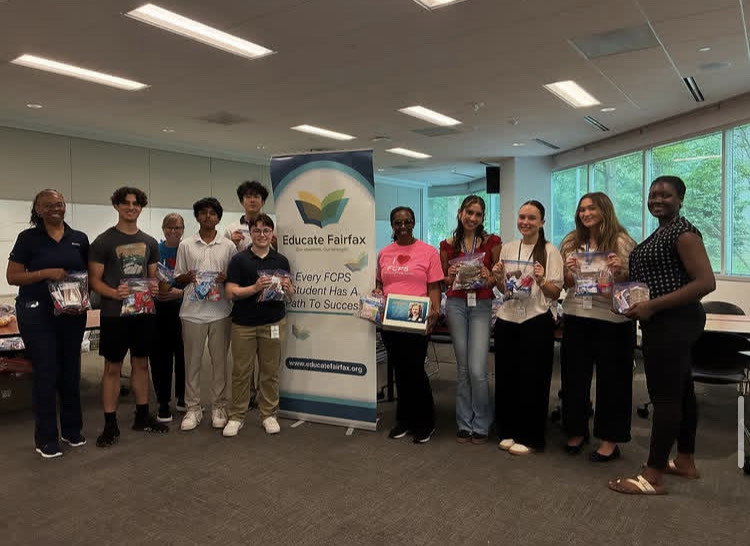

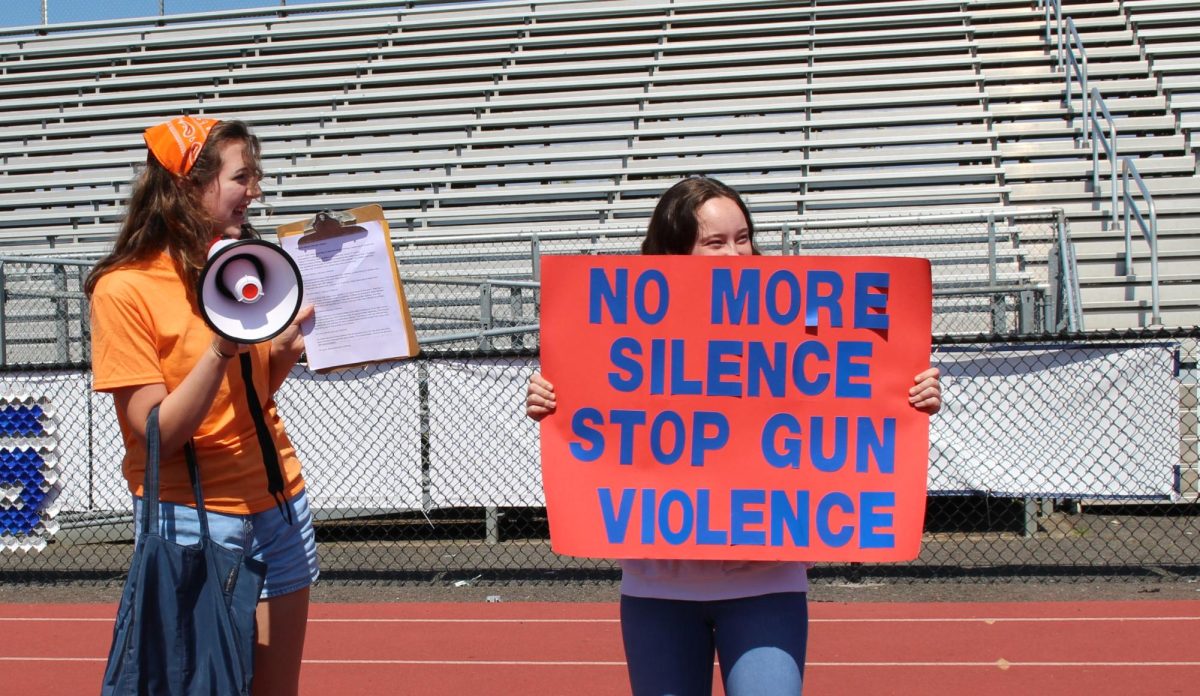

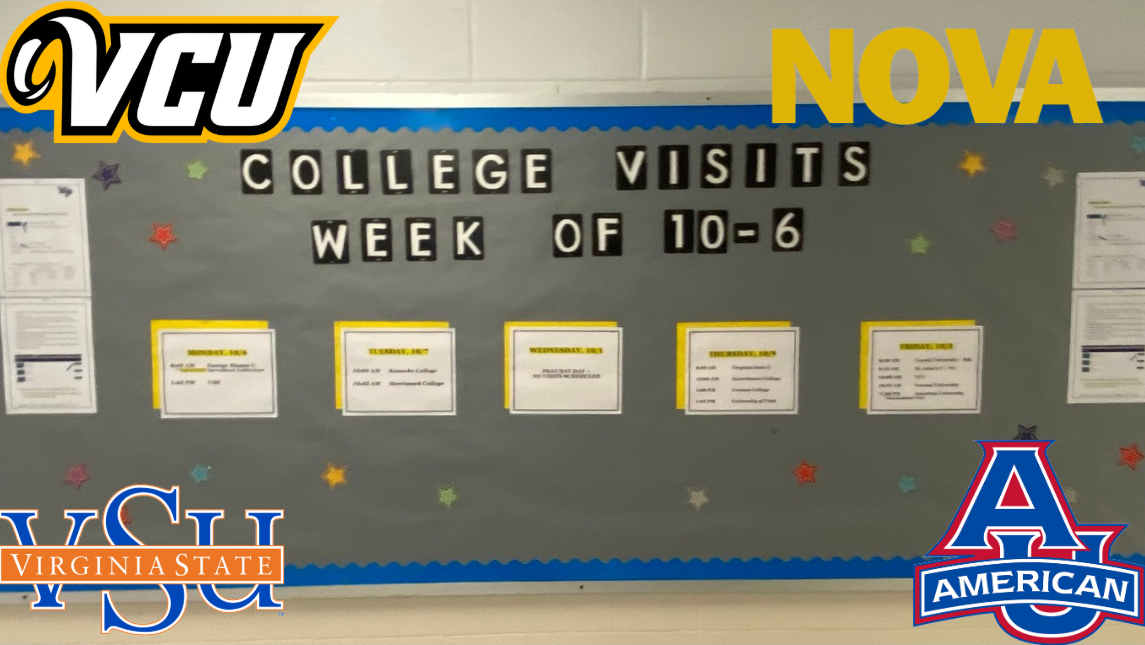
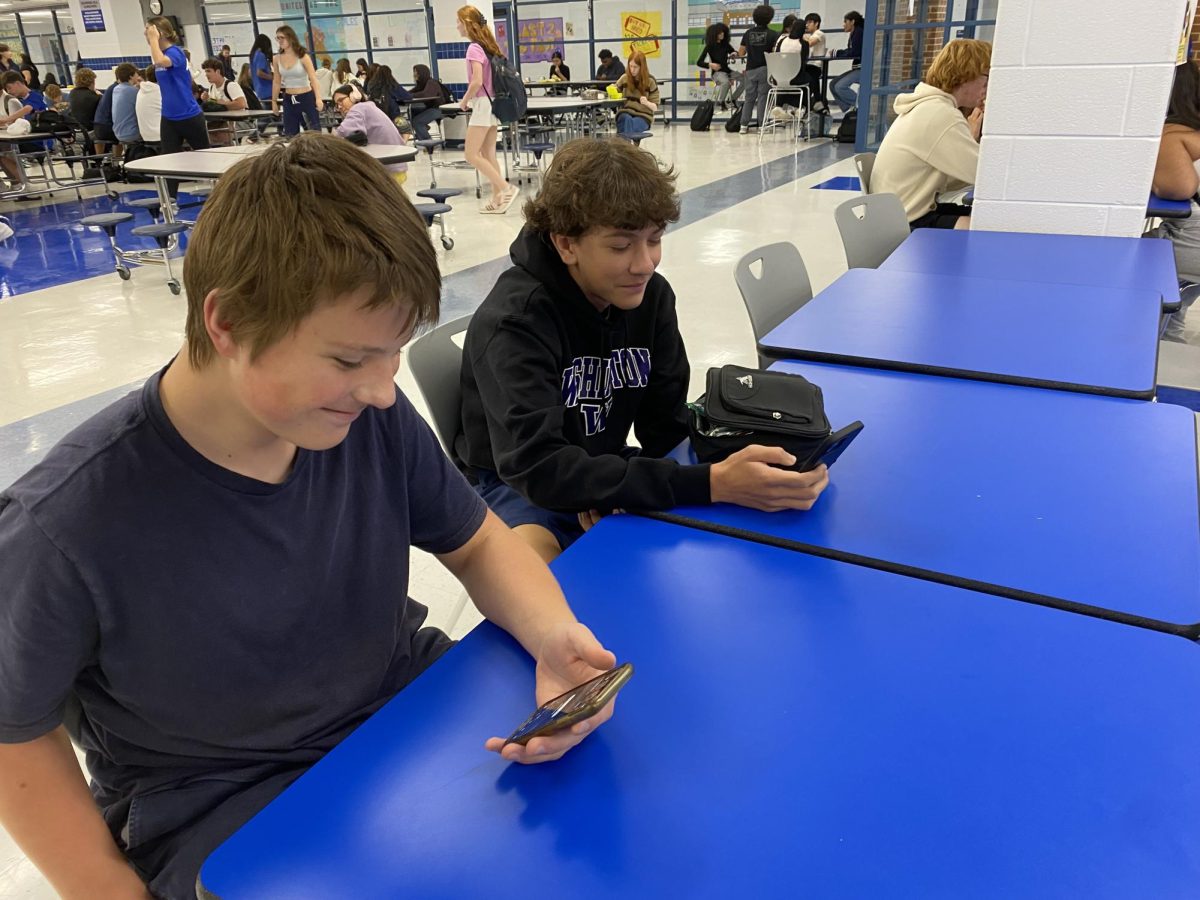


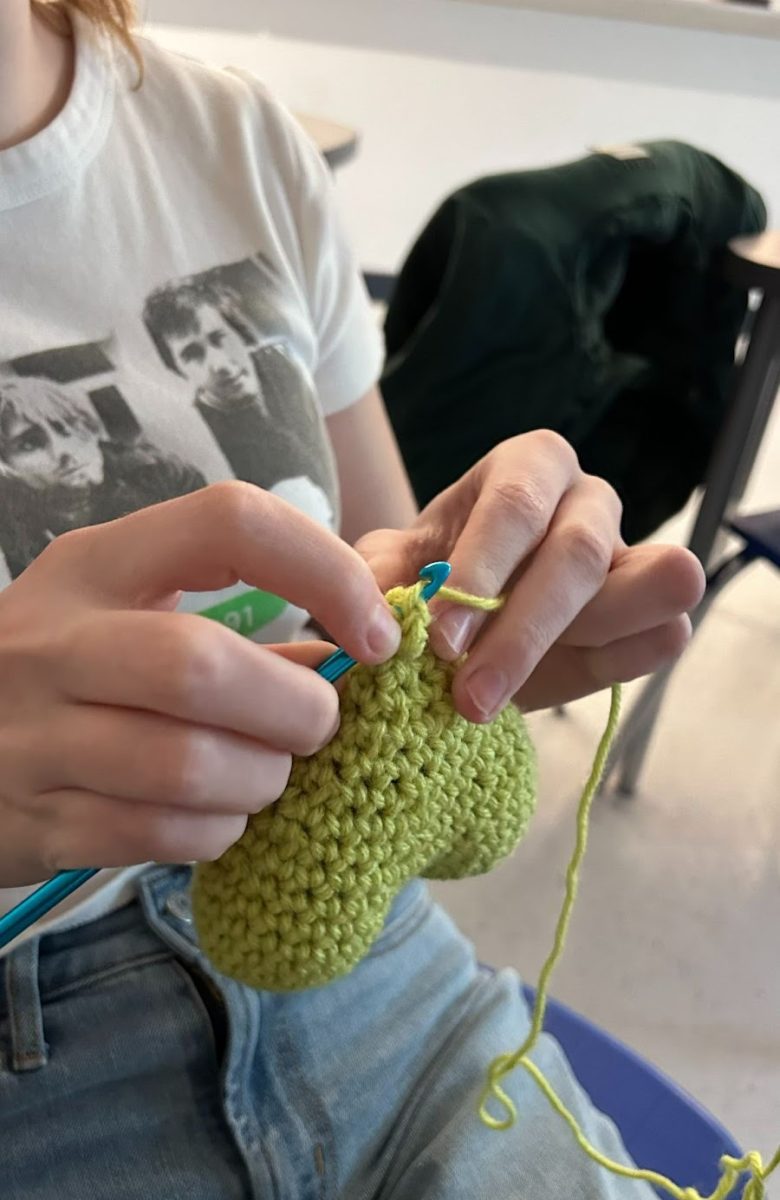
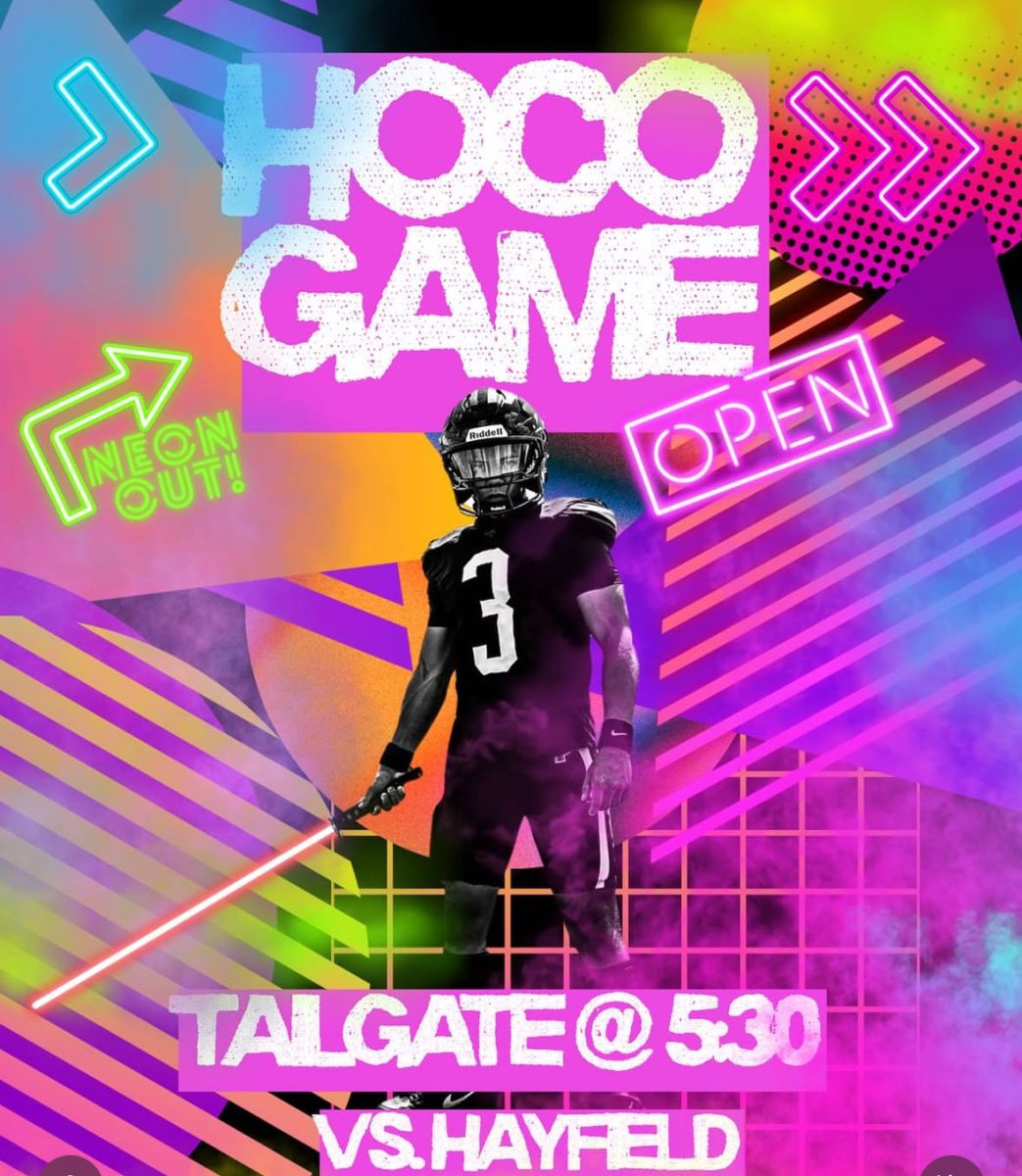
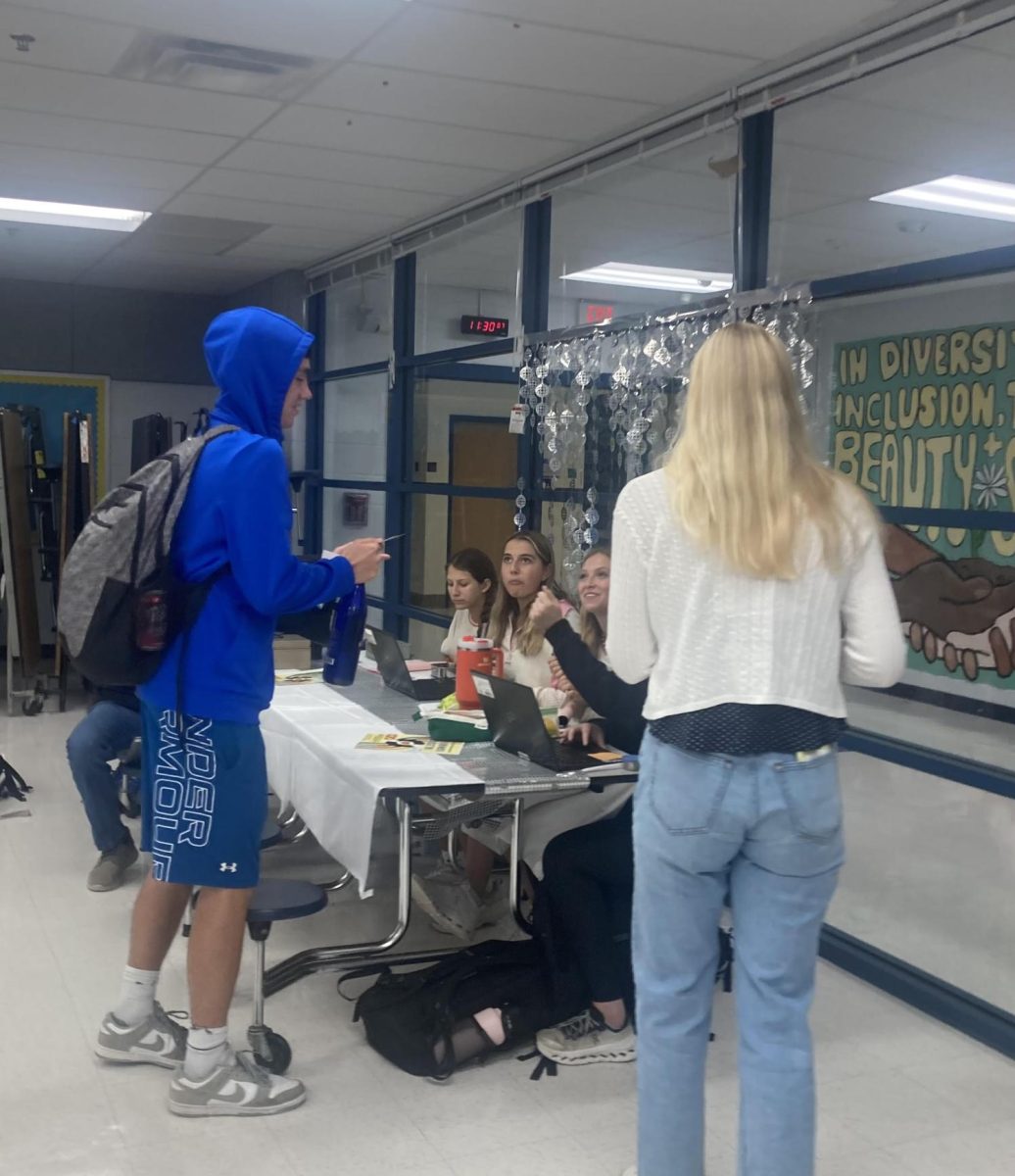




















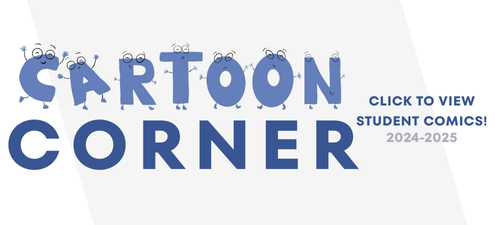




















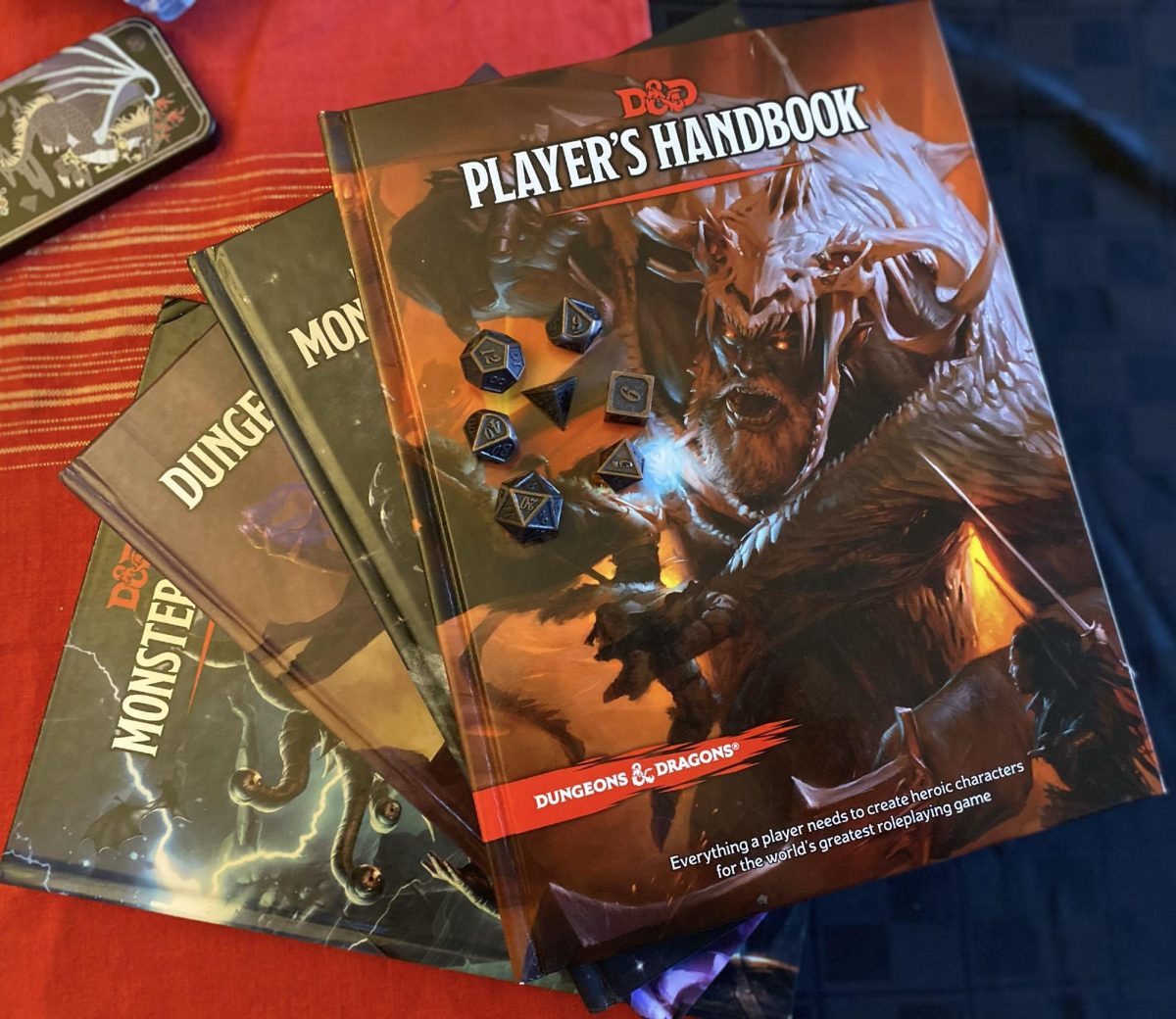
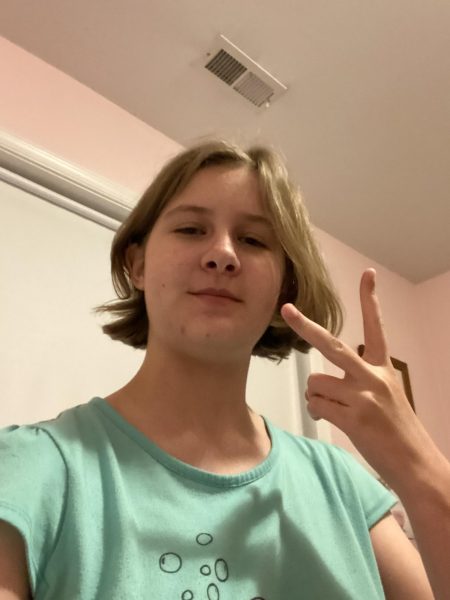
R • Oct 10, 2024 at 10:01 AM
Jrwi 4 life